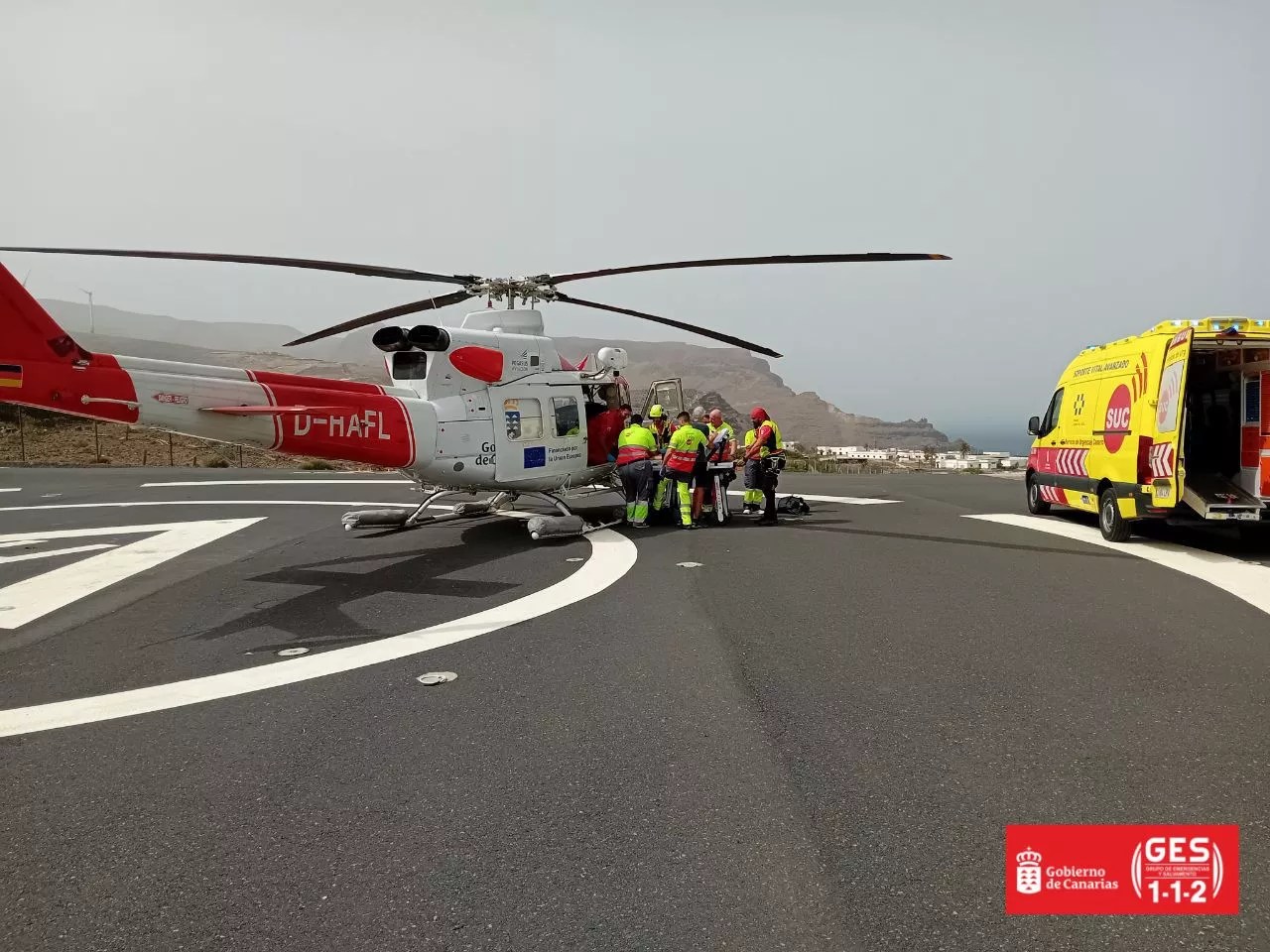
SANTA CRUZ DE TENERIFE, June 7. (EUROPA PRESS) –
On Monday afternoon, the Parliament of the Canary Islands hosted the conference ‘Artificial intelligence and criminal proceedings: towards robotic justice?’, by Manuel Marchena Gómez, president of the Second Chamber of the Supreme Court, who highlighted that although the artificial intelligence “is an absolutely essential mechanism for criminal investigation and for many activities in life”, it cannot replace the judge.
The act was presented by the president of the Chamber, Gustavo Matos, and by the president of the National High Court, José Ramón Navarro.
“Imparting justice is more than saying what the applicable law is. The robot would turn jurisprudence into a fossil, it would not allow a changing jurisprudence. A robotic Justice without selection would be a Justice that would move away from the constitutional value,” Marchena explained in a Europa Room which recorded a full house to continue the conference.
Along these lines, he urged reflection: “We are moving towards a dematerialization of the process. Justice must continue to be human; it cannot lose its human face.”
In the presentation of the act, President Gustavo Matos recalled the aspiration of the Chamber in this tenth legislature to become “a meeting place in a permanent conversation with civil society, to be more than a place where laws are approved, decrees are validated or exercises control over the Government”.
Thus, he defended “opening this house for those who have something to tell us.”
Matos considered Marchena’s presence in the Parliament of the Canary Islands “a luxury” and agreed with him that artificial intelligence would “hardly” be able to replace issues such as, for example, the principle of immediacy.
“It is a privilege to share this table with him and with Navarro in this invitation to reflection, to think,” he said in a note sent by the Chamber.
Marchena was introduced by José Ramón Navarro, who highlighted that the president of the Second Chamber, “a friend and a universal canary”, was the youngest court prosecutor in the history of Spain.
“He has been a great fighter for judicial independence, a lover of the modernity of Justice,” he said, and also valued that he has made Justice in Spain “a little more transparent and a little more understood.”
MAINTAIN THE TWO PLATFORMS
In the introduction to the conference, Manuel Marchena spoke of the “feeling that we jurists are always late for everything, that we are installed in a legal obsolescence that affects all levels”.
He indicated that while there is a debate about the criminal liability of legal entities, today there are those who are studying the liability of robots.
“What do we understand by artificial intelligence? A definition is difficult; there is a broad meaning, but from this part that concerns us, that of Criminal Law, it would be that way in which certain computer applications process information that, properly treated, offers a result which denotes being an intelligent response to the problem posed”, he explained.
The question, he said, is what to do with robotic intelligence and the criminal process.
“Can we replace the judge with a robot? In China, the conclusion has been reached that an accusation can be formulated with a success rate of 97 percent through a robot, in certain crimes an accusation could be formulated through a robot, a computer that identifies up to seven different crimes. Who controls the one who controls the robot? This is being considered, because it is considered that sometimes the responsibility of the prosecutor behind the robot when the robot makes a mistake has not been defined.” , he reflected.
Marchena recalled the difficulties of access to artificial intelligence for many people, “something that forces a very positive reflection, to maintain the two platforms of judicial protection of interests.”
















